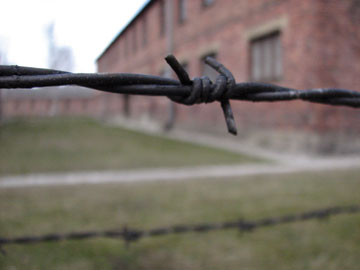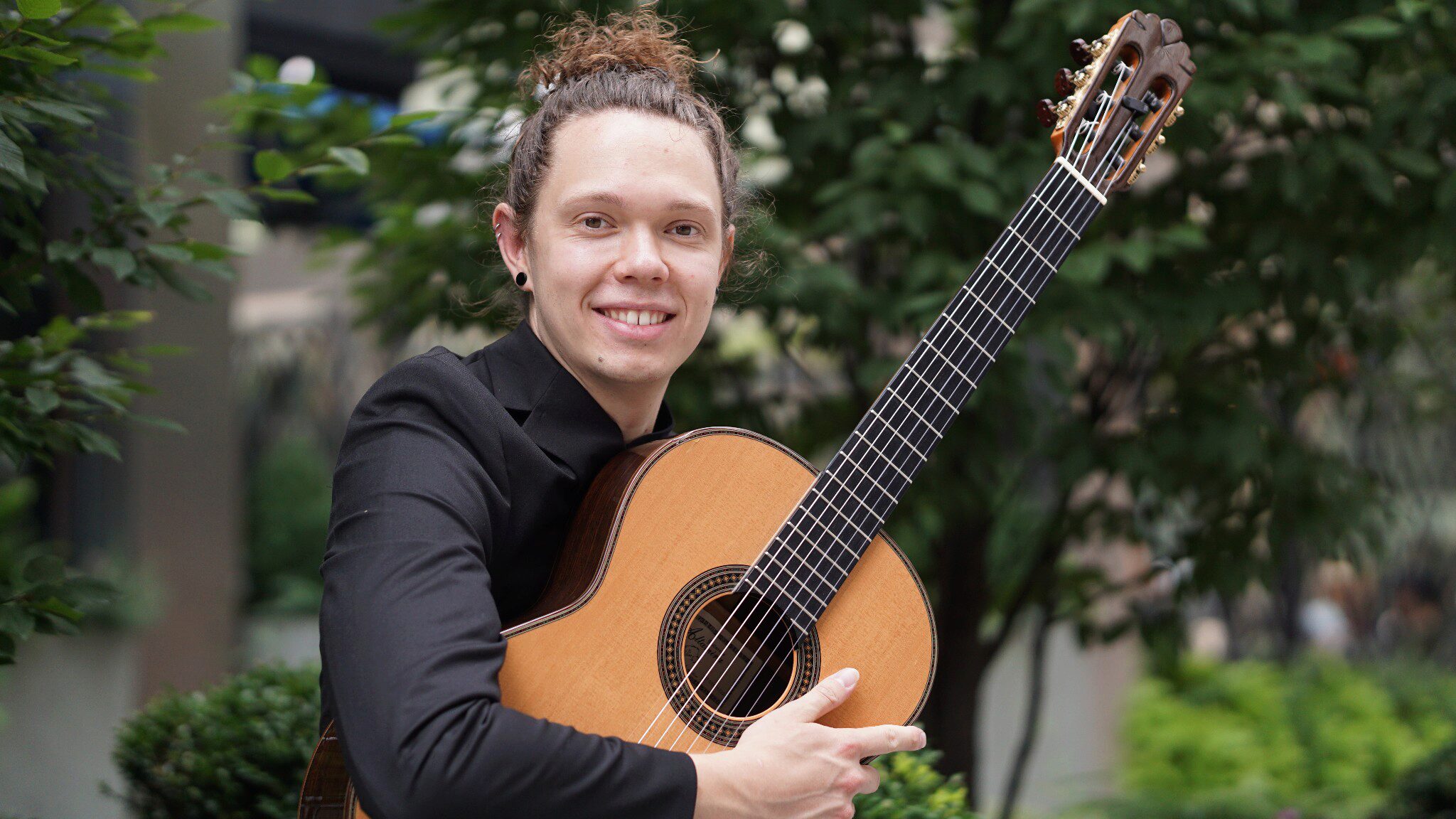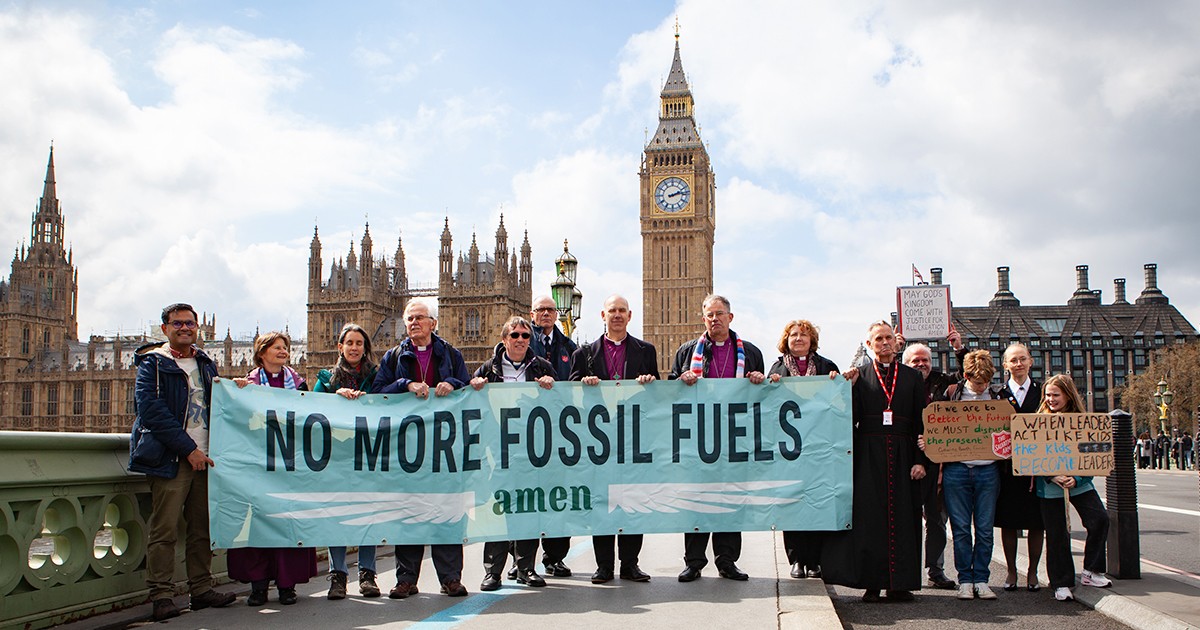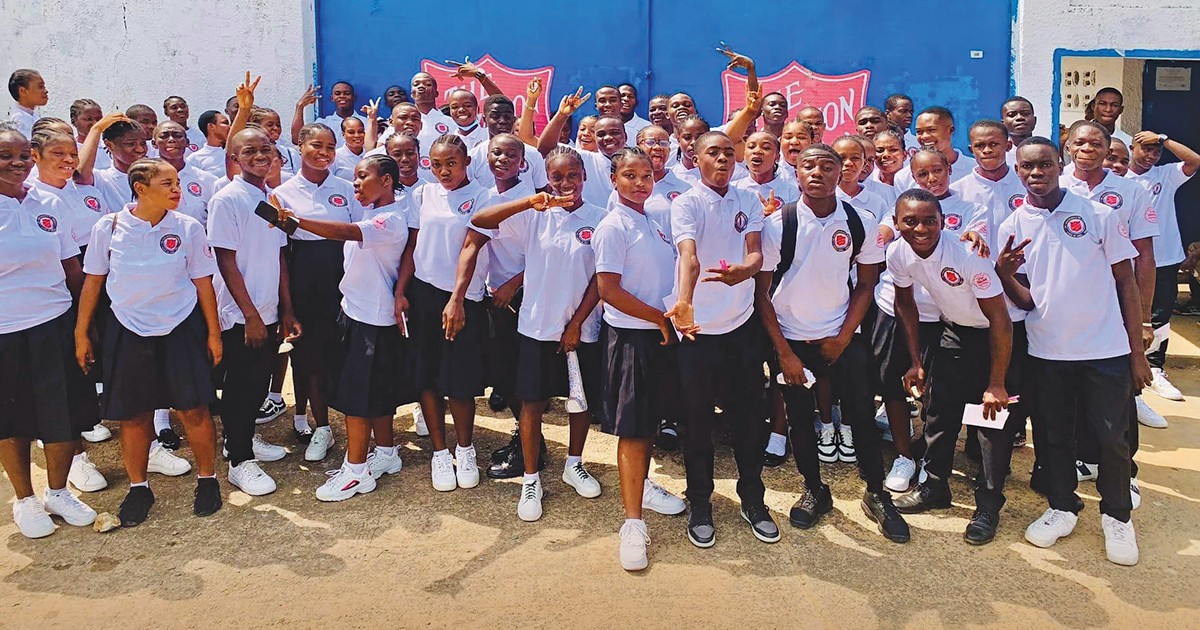
Eisen survived slave labour in the Auschwitz, Mauthausen, Melk and Ebensee camps and was forced to go on a death march in January 1945 where thousands died from exposure to severe weather conditions and malnutrition. He was fortunate to find a discarded paper cement bag, which he wore under a flimsy shirt to protect himself from freezing. He had no food for eight days and handfuls of snow along the way were the only sustenance. After eight days of the withering march, his group reached a bombed railway bridge over the Danube River at Mauthausen, Austria. They were forced to cross the bridge on foot. Eisen made it across but many did not have enough strength to avoid missing sections and fell to their deaths in the icy waters.
As a survivor of the Holocaust, Eisen speaks regularly about the dangers of hatred and discrimination in an effort to promote understanding between community groups. He recently participated in the Mission to Poland visit sponsored by the Friends of Simon Wiesenthal Center for Holocaust Studies, which included attendees from the federal government, school boards, police services, corporations and media.
As a third-generation Salvation Army officer, I was honoured to be invited. During the First and Second World Wars, The Salvation Army offered practical service to soldiers and families on both sides of the conflicts, establishing a sense of civility in contrast to the dehumanizing conditions of war. Although the presence of The Salvation Army in Europe was small in proportion to other denominations, we provided solace and comfort without discrimination.
Visiting concentration camps and hearing about the humiliating, violent acts committed against innocent people was for me a poignant reminder of the ways in which war corrupts relationships. During conflict, we no longer see the enemy as people just like us but rather as subhuman or non-human. The mass executions of the Holocaust can be so overwhelming that the victims become faceless. The exhibits at the Majdanek camp outside of Lublin and at Auschwitz help give an identity to the men, women and children who died in the gas chambers or were executed by firing squads. Battered suitcases are piled in one room, bearing names of the lost. Heaps of shoes give silent witness to those who once wore them. Kitchen utensils, once used to prepare family meals, lie abandoned, haunting reminders of lives cut short. Piles of hair shaved from the prisoners—used by the Nazis to stiffen broadcloth—speak of the indignity suffered.

The sadness mounts as you walk farther to see the bunkhouses, gas chambers, crematorium ovens, execution wall and torture cells. Since returning home to Canada, it is a sadness that I cannot entirely escape. The complete title of the trip was From Compassion to Action: Mission to Poland. The word “compassion” means to suffer together, though with the desire to reduce and alleviate the suffering. It was a theme emphasized by author Marina Nemat, a survivor of torture and terror that continues in her homeland of Iran. Nemat urges people of compassion to act courageously and speak on behalf of innocent victims of oppression in the world today. We cannot go back in history to correct the wrongs of the past, she notes, but there is still much we can do.
Love for the other goes beyond creating an atmosphere of tolerance. For the Christian, it is the commitment to respond with the love of God, who has revealed himself as merciful and compassionate. Yet I must confess that I am often confused by the suffering in this world. Faith in a loving God was difficult for many who suffered in the death camps. In the book The Sunflower, Simon Wiesenthal tells of an old woman in a concentration camp who was convinced that God had gone “on leave.”
In spite of our doubts, Christians believe in a God who voluntarily enters into our suffering. The proof is Jesus, who endured the cross for our sake. In his semi-autobiographical book Night, Holocaust survivor Elie Wiesel tells of a child who was executed by hanging in a concentration camp as inmates were forced to watch. A cry went up from the crowd: “Where is God now?” Wiesel heard a voice within answer: “Where is he? Here he is—he is hanging here on this gallows.…”
Travelling to places of such mass and personal suffering, I was aware again of how hard it is to keep faith when hope is all but extinguished. Few of us have experienced such hardship, but as we watch for the signs of our Lord's return we are reminded that we cannot be complacent or too settled in the comforts we now enjoy. There are lessons to be learned that have not as much to do with head knowledge as with a deeper trust and dependence on God so that our faith will remain strong when shadows hide Jesus from view. The words of a song by General John Gowans (Rtd) come to mind: “Ours is not a distant God, remote, unfeeling, who is careless of our loneliness and pain.”
Since returning from Poland, I have been studying the Book of Job and the less familiar Book of Lamentations with fresh eyes. Job raises the question of God's justice, while Lamentations struggles to match the sorrows of life with the faithfulness of God. For many of us, this may be a touchstone of our journey of faith. God does not provide an explanation of suffering, but gives us glimpses of his purpose even in the midst of strife.
The last two lines of the Gowans song remind us that Christians can be used by Jesus to bring healing and hope. “Through the ministry of men he gives his healing, in their dedicated hands bring hope again.”
My suitcase may be empty, but I'm still unpacking my thoughts from my experience in Poland. Aspects of the lesson are no different than the way God leads us in ministry. We can respond to the suffering of others with his love and bring hope again.
Major Gillian Brown is director of world missions.
Holocaust Facts
• The Holocaust began in 1933 when Hitler came to power in Germany and ended in 1945 when the Nazis were defeated by the Allied powers.
• The term “Holocaust,” originally from the Greek word holokauston which means “sacrifice by fire,” refers to the Nazi's persecution and planned slaughter of the Jewish people. The Hebrew word Shoah, which means “devastation, ruin or waste,” is also used for this genocide.
• In addition to Jews, the Nazis targeted Gypsies, homosexuals, Jehovah's Witnesses and the disabled for persecution. Anyone who resisted the Nazis was sent to forced labour or murdered.
• It is estimated that 11 million people were killed during the Holocaust. Six million of these were Jews, approximately two-thirds of all Jews living in Europe.
• While concentration camps were meant to work and starve prisoners to death, extermination camps (also known as death camps) were built for the sole purpose of killing large groups of people quickly and efficiently. Auschwitz was the largest concentration and extermination camp built. It is estimated that 1.1 million people were killed at Auschwitz.









Leave a Comment